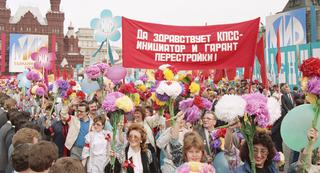
To build his regime, Putin manipulated his predecessors’ crumbling institutions and the country’s economic system. Now, Putin must become his own successor—or let someone else pull his own trick on him.
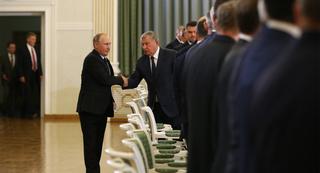
The pandemic has revealed a truth of the Russian government. Vladimir Putin has become increasingly disengaged from routine matters of governing and prefers to delegate most issues.
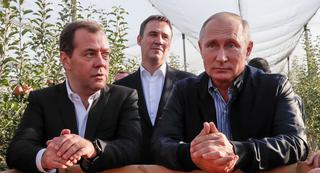
The 2024 election will be one in which the generation of “Putin’s children,” those who have made their careers and profited from the twenty years of Putin’s presidency, face a serious challenge to keep the assets they have acquired.

If the thirst for political change continues to gain momentum in Russia, a full-scale demand for political freedoms and alternatives may emerge quite soon.
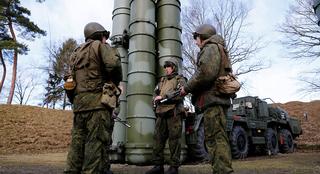
Nuclear deterrence can serve as a pillar of international security only in conjunction with negotiations and agreements on the limitation, reduction, and nonproliferation of nuclear weapons. Without them, deterrence fuels an endless arms race, while any serious crisis between the great powers will bring them to the brink of nuclear war.
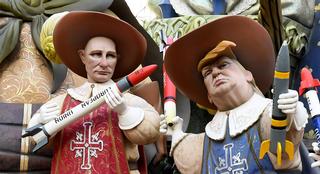
Strategic stability has fundamentally changed in the twenty-first century. To maintain or even strengthen it requires many long-standing ideas and policies to be rethought and overhauled.

Russia’s concerns that U.S. missile defense and hypersonic missiles threaten its nuclear arsenal are overstated, but the deterioration of arms control treaties has profound negative implications.

Russia can strengthen its geopolitical positioning in Europe in some respects by seeking to cooperate more with Germany, its most important European partner.
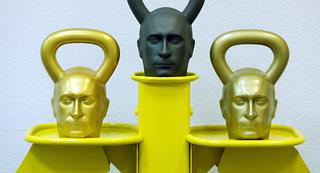
A consensus among the Kremlin’s supporters has become an ideology: Russia may have problems, but it is united by anti-Western, isolationist, and conservative values.
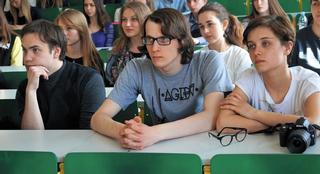
Most Russian citizens do not express a strong desire for sweeping change and do not have in mind a specific road map for reforms. And yet most Russians understand that the country cannot move forward, or even stay in place, without reforms.
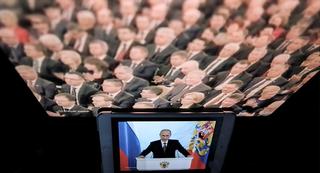
Whatever changes 2018 and 2024 bring to Russia’s leadership, the broader political system will become increasingly depersonalized, making it—rather than the president—the source of stability.

In recent years, the Russian government has formulated a policy on the country’s history that aims to consolidate the nation around a single official version of the past. However, because this single version of official collective memory is not acceptable to all citizens, this policy is causing divisions in Russian society.
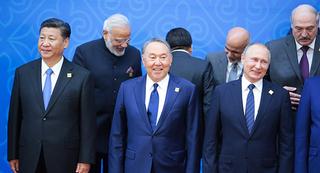
While Russia repositions itself as a stand-alone power in the north-central portion of the world’s largest continent, its leaders are seeking to create a distinct national entity amid a vast and highly diverse neighborhood.
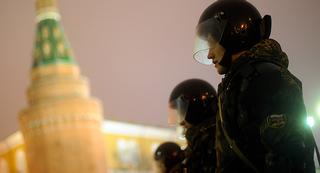
In the absence of a real political contest, Russia’s 2018 presidential election will be more or less a referendum on public confidence in Putin.
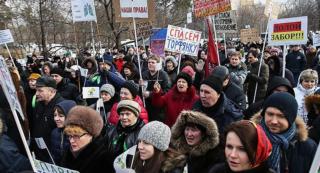
A localized civil society movement in Moscow is pushing for the government to curb unfair urban development practices and give residents greater autonomy over their own neighborhoods.
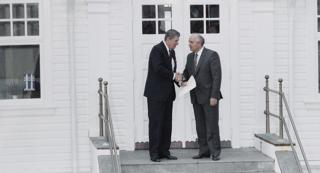
The Reykjavik summit from thirty years ago shows what can be done when two leaders, whose states are supposedly implacable enemies, take responsibility and act to enhance the world’s strategic stability and safety.
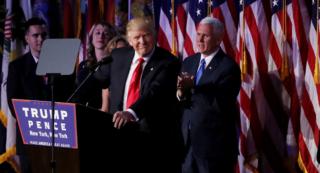
The world reacts to the election of Donald Trump and its potential implications.

Despite Ramzan Kadyrov’s attempts to retain his special status, the old ways of doing business between Grozny and Moscow are over—and the new contract is here to stay.
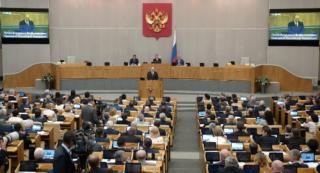
The 2016 parliamentary campaign isn’t just a test run for the 2018 presidential race. Russia’s political regime is in search of a governing model that will help it sustain the status quo for the foreseeable future.
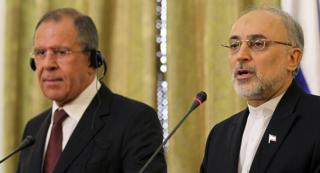
Moscow’s relations with Tehran are currently much more cooperative than competitive, although the two countries’ foreign policy goals don’t always align.